visa interview questions for f1 with answers pdf
Preparing for an F1 visa interview is crucial for international students seeking to study in the U.S. This section provides an overview of the process, common questions, and tips to help applicants confidently navigate their interviews. Understanding the requirements and practicing responses ensures a smooth experience.
1.1 Overview of the F1 Visa Interview Process

The F1 visa interview is a critical step in obtaining a student visa to study in the U.S. Conducted by a visa officer, the interview typically lasts 2-3 minutes and is held in English. Applicants are assessed based on their academic background, program choice, financial stability, and post-graduation plans. The officer evaluates whether the student intends to return to their home country after completing their studies. honesty and preparedness are key, as applicants must clearly articulate their goals and provide supporting documents. Understanding the process helps students present their case effectively and increase their chances of approval.
1.2 Importance of Preparing for the Interview
Preparing for the F1 visa interview is essential to ensure a positive outcome. A well-prepared applicant demonstrates seriousness about their studies and future plans, making a strong impression on the visa officer. Preparation helps applicants articulate their goals clearly, address potential concerns, and present required documents confidently. Without proper preparation, applicants risk appearing uncertain or uncommitted, which could lead to visa denial. Understanding common questions, practicing responses, and organizing documents are critical steps to avoid last-minute stress. Effective preparation not only boosts confidence but also highlights the applicant’s readiness to comply with visa regulations and achieve their academic objectives in the U.S.

Common F1 Visa Interview Questions
F1 visa interviews often include questions about academic background, program choice, financial plans, post-graduation goals, and ties to one’s home country. Being ready is key.
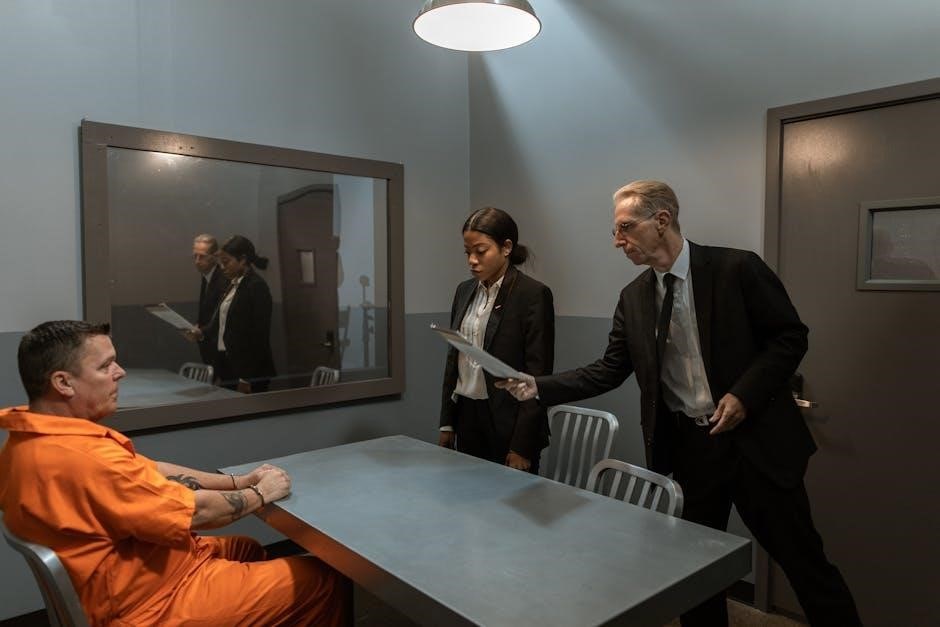
2.1 Questions About Educational Background
Visa officers often ask about your academic history to assess your qualifications and commitment to studying in the U.S. Common questions include: “What degree did you earn?” or “Why did you choose your field of study?” Be prepared to discuss your previous academic achievements, relevant coursework, and how your background aligns with your chosen program. You may also be asked about your undergraduate institution, GPA, or any gaps in your education. It’s important to clearly explain how your past studies have prepared you for your future academic goals. Providing specific examples and connecting your educational background to your future plans demonstrates focus and seriousness. Honesty and specificity are key to making a positive impression.
2.2 Questions Regarding Choice of University and Program
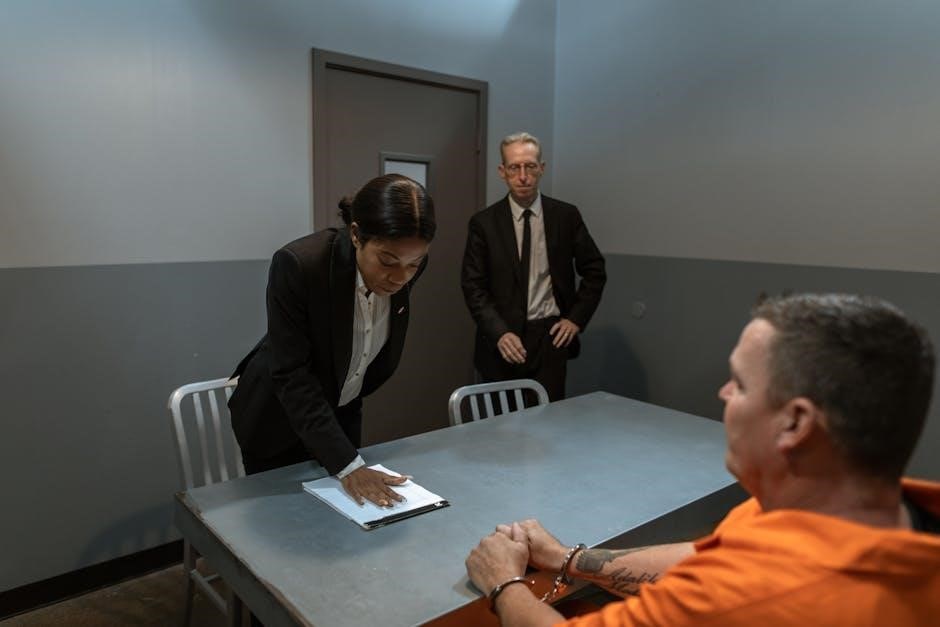
Interviewers often inquire about your reasons for selecting a specific university and program. They may ask, “Why did you choose this university?” or “What makes this program stand out?” Be ready to highlight the institution’s academic reputation, curriculum strengths, and faculty expertise in your field. Emphasize how the program aligns with your career goals and personal interests. You may also be asked about other universities you considered and why this one was your top choice. Demonstrating thorough research and a clear understanding of the program’s unique offerings will showcase your commitment. Additionally, explaining how the university’s location or resources will benefit your studies can strengthen your response. Always tie your choice back to your long-term aspirations to show purpose and focus.
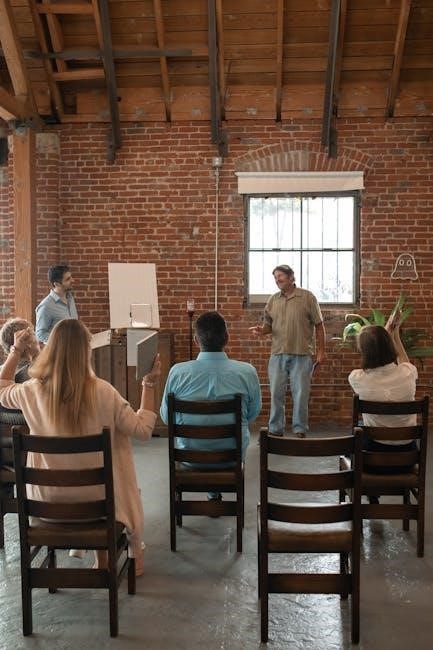
2.3 Financial-Related Questions
Financial-related questions are critical during the F1 visa interview to ensure you can support yourself in the U.S. Expect questions like, “How will you fund your education?” or “What is your source of income?” Be prepared to provide detailed proof of your financial resources, such as bank statements, scholarships, or sponsorship letters. Clearly explain how your funds will cover tuition, living expenses, and other costs. If you have a sponsor, explain their relationship to you and their financial capacity. Demonstrate that you’ve researched the cost of living and tuition fees at your university. Highlighting any scholarships or assistantships you’ve received can also strengthen your case. Always ensure your documents are organized and easily accessible during the interview. Transparency and confidence in discussing your finances will help build trust with the interviewer.
2.4 Questions About Post-Graduation Plans
Questions about post-graduation plans are aimed at understanding your intentions after completing your studies in the U.S. Common questions include, “What are your plans after graduation?” or “Do you intend to return to your home country?” Be prepared to discuss your career goals and how they align with opportunities in your home country. Highlight any job offers, family ties, or plans to apply your skills and knowledge gained in the U.S. to benefit your homeland. Emphasize your commitment to returning home, as this demonstrates non-immigrant intent. Clearly articulate how your education will help you contribute to your country’s development. Avoid vague or overly ambitious statements, and ensure your answers align with your long-term aspirations and the realities of your home country’s job market.
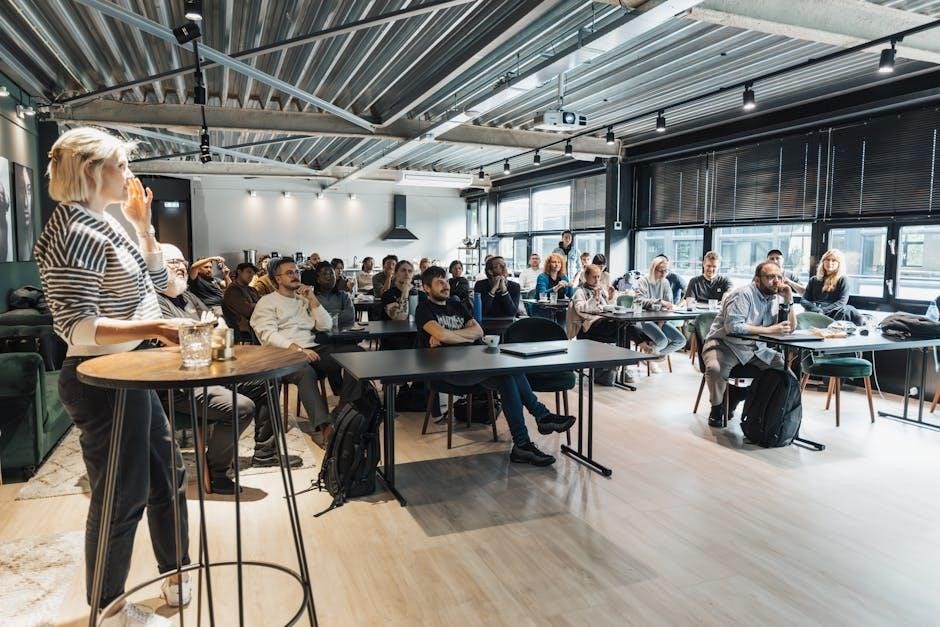
2.5 Questions About Ties to Home Country
Questions about ties to your home country are essential to demonstrate non-immigrant intent. Common examples include, “What ties do you have to your home country?” or “Why will you return after completing your studies?” Be prepared to discuss family, job opportunities, property, or other commitments that bind you to your homeland. Highlight strong connections, such as close family members, a promised job, or financial investments. Emphasize how your education in the U.S. will benefit your home country. Provide specific examples, like plans to work in your field or contribute to local development. Avoid vague statements and ensure your answers reflect a clear intention to return. This demonstrates your commitment to maintaining strong ties and fulfilling the requirements of the F1 visa.
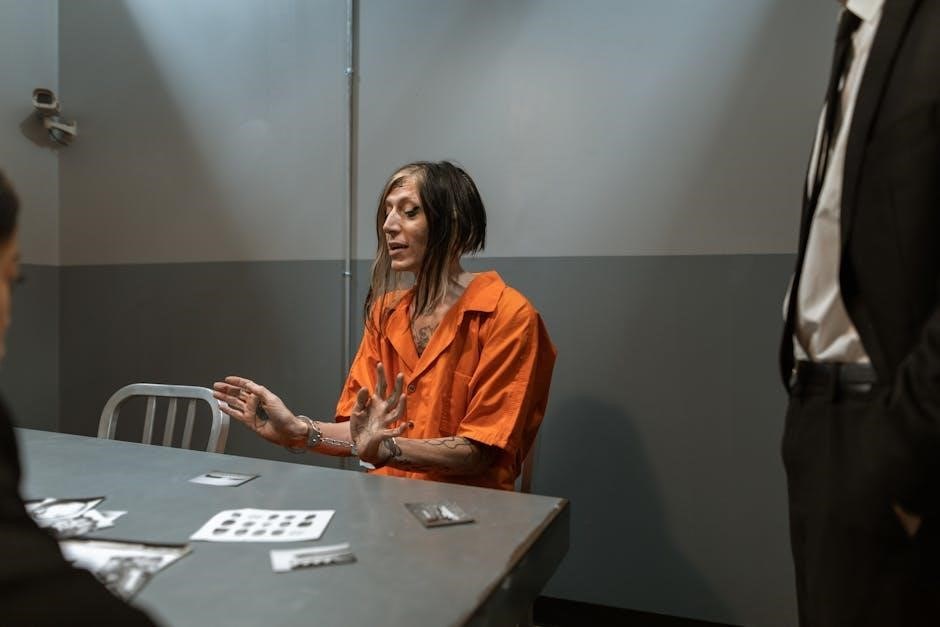
Tips for Answering F1 Visa Interview Questions
Research common questions, practice mock interviews, and understand document requirements. Be honest, concise, and confident in your responses to demonstrate clarity and sincerity during the interview process.
3.1 How to Research Common Questions
Researching common F1 visa interview questions is essential for preparation. Start by using search engines to find frequently asked questions and sample answers. Utilize resources like official government websites, educational forums, and study guides. Pay attention to topics such as educational background, program choice, financial plans, and post-graduation intentions. Use Google’s autocomplete feature to identify popular queries related to F1 visa interviews. Reviewing sample questions and answers from credible sources can help you understand expected responses. Additionally, refer to study guides or PDFs that compile common questions and tips for answering them effectively. This thorough research ensures you are well-prepared to address any questions confidently during your interview.
3;2 Practicing with Mock Interviews
Practicing with mock interviews is a highly effective way to prepare for your F1 visa interview. Simulate real-life scenarios by asking a friend, mentor, or family member to play the role of the interviewer. Use common questions from study guides or PDF resources to create a realistic experience. Focus on maintaining clear, concise responses while demonstrating confidence and positivity. Pay attention to your body language, tone, and eye contact, as these non-verbal cues are crucial during the actual interview. Afterward, review your performance to identify areas for improvement. Mock interviews help you manage nervousness and refine your answers, ensuring you present yourself effectively. Regular practice builds familiarity with the process and boosts your confidence for the actual visa interview.
3.3 Understanding Document Requirements
Understanding the required documents for your F1 visa interview is essential to ensure a smooth process. Gather all necessary paperwork, including your I-20 form, proof of finances, academic records, and SEVIS fee receipt. Organize these documents clearly and bring copies in case of emergencies. Review the checklist provided by the embassy or consulate to avoid missing any critical items. Ensuring all documents are complete and readily available demonstrates preparedness and sincerity. Additionally, translations of non-English documents may be required, so plan accordingly. Familiarizing yourself with the document requirements helps you present a well-organized case, showcasing your readiness to study in the U.S. Proper preparation avoids delays and strengthens your application.

Do’s and Don’ts for the F1 Visa Interview
Arrive early, dress professionally, and maintain a positive attitude. Be honest and concise in your responses. Avoid nervousness and ensure all documents are well-organized. Listen carefully and follow instructions.
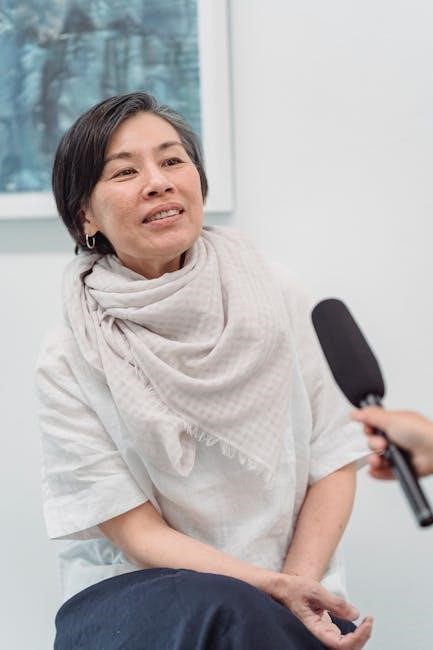
4.1 What to Wear and Bring
Dress professionally for your F1 visa interview to make a positive impression. Men should wear a suit or formal attire, while women should opt for professional clothing like blazers or dresses. Ensure your outfit is clean and ironed. Avoid casual or overly flashy clothing. Arrive prepared with all necessary documents, including your passport, I-20 form, financial statements, admission letters, and proof of ties to your home country. Organize your documents in a folder or binder for easy access. Bring a pen and a copy of your DS-160 confirmation page. Plan to arrive early to account for security checks and potential delays. A well-prepared appearance and organized documents demonstrate responsibility and seriousness about your studies.
4.2 Maintaining Honesty and Positivity
Honesty is paramount during the F1 visa interview. Provide truthful answers about your academic background, financial situation, and post-graduation plans. Misrepresentation can lead to visa rejection or future complications. Be transparent about your intentions to study and return home after completing your program. Maintain a positive demeanor, showing enthusiasm for your educational goals and appreciation for the opportunity to study in the U.S. Avoid negative remarks about your home country or overly aggressive statements about working in the U.S. post-graduation. Stay calm, confident, and focused, ensuring your responses align with the documents you’ve submitted. A genuine and optimistic approach will leave a favorable impression on the visa officer.
